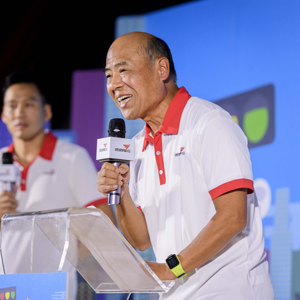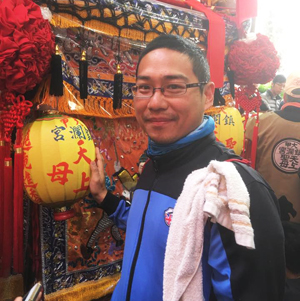05.2019 Story
It's not just a travel brochure --- the afterthought of the movie "Green Book"
Oriental Petrochemical (Taiwan) (Shanghai) / Liu Xianjia


In March of Yangchun, everything recovered, and many films and TV works sprang up like bamboo shoots after a rainstorm. My wife and I made an appointment to go to the movies this weekend. Although I hadn't decided which movie to watch beforehand, when I arrived at the cinema with great expectation, the tickets in her hands were somewhat surprising to me. Green Paper? What kind of movie is it?
After watching the film, I suddenly realized. The original Green Book is just an abbreviated expression in English. It is actually a travel brochure for African Americans from the 1930s to the 1960s, with travel information such as restaurants, bars and restaurants that allow black people to enter the United States. It's not so much a travel manual as a bare American white paper on human rights.
Tony, one of the heroes of the film, is an Italian-American with a little vulgar and financial distress. He once swallowed 26 hot dogs for $50. When he was frustrated and desperate, he was offered a job as a driver, but the object of his service was Dr. Don Sherry, an African-American Black Jazz pianist. It was unacceptable for Tony, who was rigid, brutal and disliked blacks, but forced by life, he had to accept it on the condition that he refused to "serve" Don Sherry's daily life and was only willing to act as a guide and driver to accompany him to the south of the United States.
Tang was highly educated and talkative. He was elegant and noble in classical music. Although he was welcomed by the white people in the upper class, he did not receive the same respect as the white people. He was eager to help blacks speak and afraid of not being recognized, so his world was lonely and dignity was the first priority. He hired Tony to take care of the pick-up and delivery work during the Southern Tour. The two traveled together in dislike of each other. During the process, they refused to perform together to fight racial discrimination because of eating, smoking and even a small stone. They gradually became close friends in the second half of the film.
I was impressed by several plots: the hero's car broke down on the country road, the white Tony repaired the car, Don waited in the car, and many blacks in the roadside plantation looked at them doubtfully. Looking at his fellow countrymen living as slaves, Tang in suit and leather was at a loss in the car and could only move his eyes away slowly. He could not force others to accept his special status, nor could he help his compatriots change the status quo. He felt powerless and lonely in his heart. When Don and Tony were stopped by officers as they marched through the rainstorm, Tony was discriminated against and insulted by the white officers because his name originated in Italian. He was angry and injured the officers, so they were put in the police station. After Tang repeatedly asked the police to speak to lawyers, he reluctantly got permission from the police to call the US Attorney General as a famous pianist. He said that under the influence of power, they were released because of racial discrimination. Tang used his position to protect Tony's dignity, and Tony helped Tang get away from the white discrimination and insult again and again. They disdained mutual respect and eventually crossed racial discrimination and became good friends.
Throughout American history, before the Civil War, blacks were enslaved and persecuted, and even the most basic right to subsistence was not guaranteed, let alone human rights. Countless protests eventually resulted in the Emancipation of the Black Manifesto of 1862, which has led to a qualitative change in people's understanding of human rights. Not only the United States, but also China continues to strive to safeguard the rights of the nation, security, freedom, politics, litigation, equality, welfare and other related rights. Should we, like Tang, safeguard our dignity and win respect from others?
As Tang said, "Violence will never win, but respect for dignity will win, because dignity takes precedence." Everyone has an invisible Green Paper around him, which plans the goals and dreams of human life as equal, and expects everyone to abandon and eliminate all discrimination and prejudices on the planet.





















